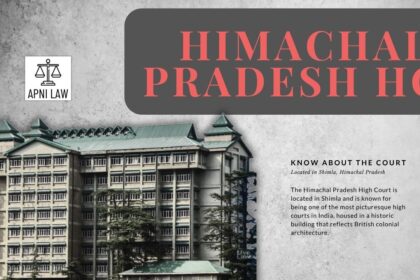Code: Section 118 – Bharatiya Sakshya Adhiniyam (BSA)
When the question is whether a person has committed the dowry death of a
woman and it is shown that soon before her death, such woman had been subjected by
such person to cruelty or harassment for, or in connection with, any demand for dowry, the
Court shall presume that such person had caused the dowry death.
Explanation.—For the purposes of this section, “dowry death” shall have the same
meaning as in section 80 of the Bharatiya Nyaya Sanhita, 2023.
—
Explanation of Section 118 – Bharatiya Sakshya Adhiniyam (BSA)
Section 118 establishes a mandatory presumption in cases of dowry death. If it is proven that a woman was subjected to cruelty or harassment in connection with dowry demands shortly before her death, the court is bound to presume that the accused caused the dowry death.
Key Points:
- Mandatory presumption once foundational facts are proven.
- Focuses on the period “soon before death” to assess the relevance of harassment.
- The cruelty must be linked directly to dowry demands.
- The term “dowry death” is defined in Section 80 of the Bharatiya Nyaya Sanhita, 2023.
- The accused may rebut this presumption by presenting contrary evidence.
—
Illustration
Example 1: Dowry Harassment and Death Within Marriage
A woman dies under unnatural circumstances five years after her marriage. Evidence shows that her in-laws had been harassing her for additional dowry. Based on this, the court shall presume that her death was a dowry death caused by the accused.
Example 2: No Evidence of Cruelty or Dowry Demand
A woman dies in an accidental house fire, and there is no record or allegation of harassment or cruelty for dowry. In this case, Section 118 will not apply as the required conditions are not fulfilled.
—
Common Questions and Answers on Section 118 – Bharatiya Sakshya Adhiniyam (BSA)
1. What is considered a “dowry death” under this law?
A dowry death refers to the death of a woman caused by burns, bodily injury, or under unnatural circumstances within seven years of marriage, if she was subjected to dowry-related cruelty or harassment. This is as defined under Section 80 of the BNSS.
2. What must be shown for the presumption to apply?
It must be established that the woman was subjected to cruelty or harassment for dowry soon before her death.
3. Is this presumption final?
No, the presumption is rebuttable. The accused can present evidence to prove that the death was not linked to dowry demands or that no cruelty occurred.
4. Does the section apply to both husband and his relatives?
Yes. The provision applies to any person who can be shown to have harassed the woman for dowry, which typically includes the husband and in-laws.
—
Conclusion
Section 118 of the Bharatiya Sakshya Adhiniyam (BSA) ensures stronger protection for women against dowry-related violence by placing the burden on the accused once certain facts are established. This provision, when read with Section 80 of the BNSS, creates a legal framework aimed at combating dowry deaths effectively. It balances justice by allowing the presumption to be rebutted through evidence and fair trial.
For more legal updates, bare act explanations, and expert insights, visit ApniLaw.








